Spending more time at home in the last few months since Covid-19 redefined our reality has presented many with an opportunity to clean, rearrange furniture and make lifestyle modifications. One thing we noticed at home was that some of the items that found their way into our recycle bin, or worse, the trash bin, really didn’t need to be there.
Conscientious consumers, and certainly those who have landed on this page, are likely aware of things like overpackaging and waste, and want to do their best for the planet. Even when we make our best efforts to reduce our household waste, we may not always know the best way to do that, and we may not always know what materials really are recyclable. So we are going to try to clean that up a little here!
What happens with recycled materials after curb pickup?
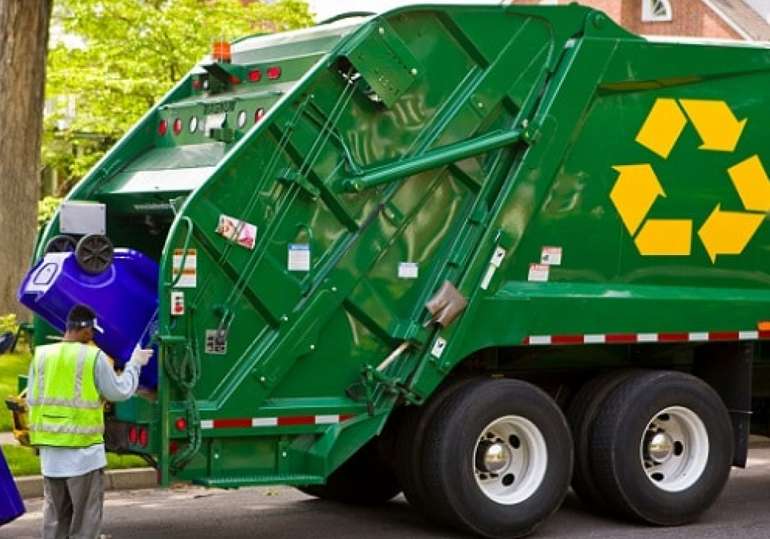
Recyclable materials that homeowners put out for pickup get sent to a sorting center, where in some cases there are machines that do some of the task, but oftentimes it is done by hand. So, as you pitch an item into your recycle bin, imagine that those containers, whether clean or not, will need to be handled by human hands.
For that reason, it really is a nice gesture to give items a rinse first to make that job a bit more bearable. And for more reasons that just kindness towards those doing a thankless task, cleanliness does matter. The few moments you have to spend getting rid of food residue will avoid contamination of the material. A recyclable pizza box, which is a large amount of reusable cardboard, should be free of food scraps. Otherwise, it defeats the reason for participating in this necessary activity.
Some household items that are recyclable and that you took the time to recycle, and that then made a trip in a separate truck, may end up in the trash anyway if they weren't properly cleaned. When that happens, your intent to recycle something may have had a more detrimental effect on the environment that if you threw it in the trash in the first place.
How to properly sort your own recyclable materials
Now that you have rinsed containers out (we hope), there are other things to consider. First, don’t put lids back on containers. If you throw a glass jar in the bin with a lid on it, it is possible that someone will have to manually take that lid off. If the lid of a can has been totally removed, bend it in half so it’s easier to handle at the sorting center. And if its a lid on a broken bottle, it will likely get thrown to the trash for the safety of the handler.
Make an effort to ensure that anything you put in your recycle bin actually is recyclable, because not all items are. Not all metal, glass and plastics are recyclable. Look for the recycling symbol somewhere on the packaging to indicate if it is. Plastic and metal kitchenware items aren’t generally recyclable, nor are broken drinking glasses, to name just a few items.
How do you know which materials are recyclable?
To know for certain what household packaging materials are recyclable in your region you would need to check with your city or municipality as that will vary depending upon their capacity to process and find markets for reuse. To err on the side of caution will not usually have the desired effect for a number of reasons. For one, it can in a way act to give us a subconscious free-pass to purchase products with packaging that will only end up in landfills.
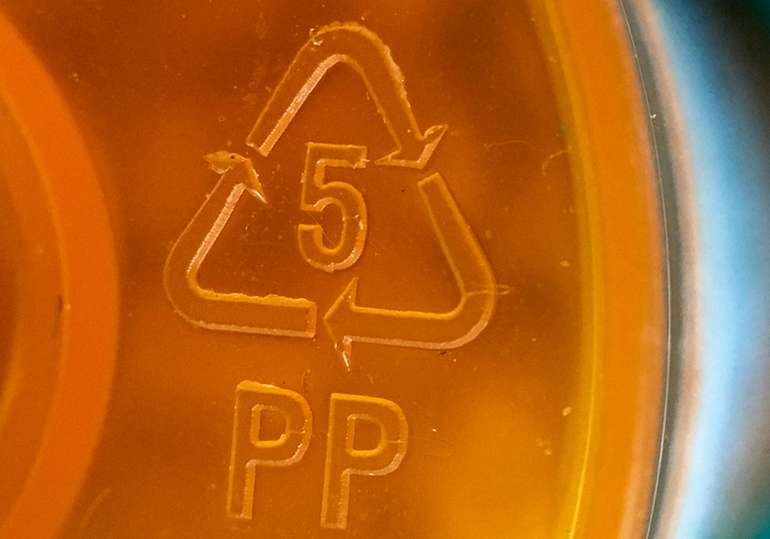
Some metals, plastics, and paper products are recyclable, but not all. And, any product that has an almost inseparable combination of those materials will require energy-intensive mechanical separation, but the more likely scenario is that they will end up in a landfill. Example – you know those little drink boxes you see in most kids’ lunches? They are a mix of plastic, paper and foil all sandwiched together. If people realized that, it is likely a few more would be sending kids to school with reusable containers instead.
Why is it important to sort your recyclables?
Firstly, don’t just sort your recyclable containers, try to condense and stack them as much as possible. The reason for that is because recycling trucks and garbage trucks have different protocols. A garbage truck can condense its load as much as possible, while a recycling truck generally will not. When recycling truck operators start hearing popping sounds of glass breaking then it is time to empty the truck since their cargo will often be handled by people rather than dumped as is.
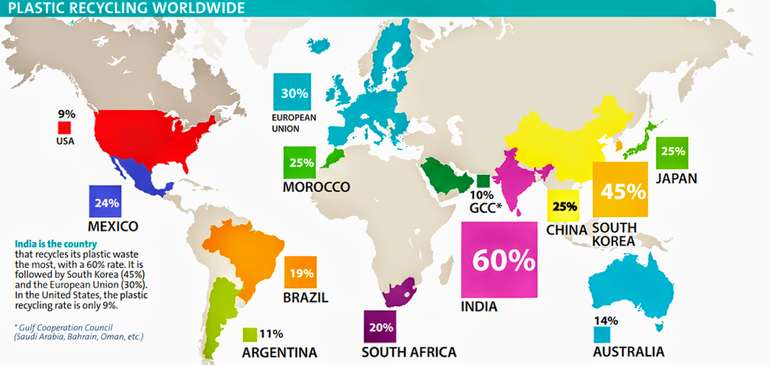
So, if we load up our recycle bins with things that are actually garbage, that means trucks have to get emptied prematurely, and the sorting that ‘we’ don’t do will need to be done by employees paid with your tax dollars.
For any that would like to go that extra mile, here are a lot of easy ways to help:
- Pull apart any items with both plastic and paper or metal components
- Crush pop cans
- Compress large pop bottles
- Take both ends off of tin cans and flatten them
- Stack things like yogurt containers whenever possible
These small acts can easily cut the volume of your recyle bin by half or more, making life easier on waste workers, cutting trips for trucks, and increasing the amount of materials that actually get recycled.
How to dispose of phones and batteries safely
Important note – batteries and cell phones should never be put in recycling bins. Of all the items that are mistakenly disposed of as recycling, some of the more dangerous items are Lithium Ion batteries.
There is a flammable electrolyte in Lithium Ion batteries that can, under certain circumstances, be at risk of combusting. The hopper of garbage and recycling trucks can be hot, and also under pressure as waste and recyclables are compacted. This combination has on occasion had disastrous results causing trucks to catch fire.
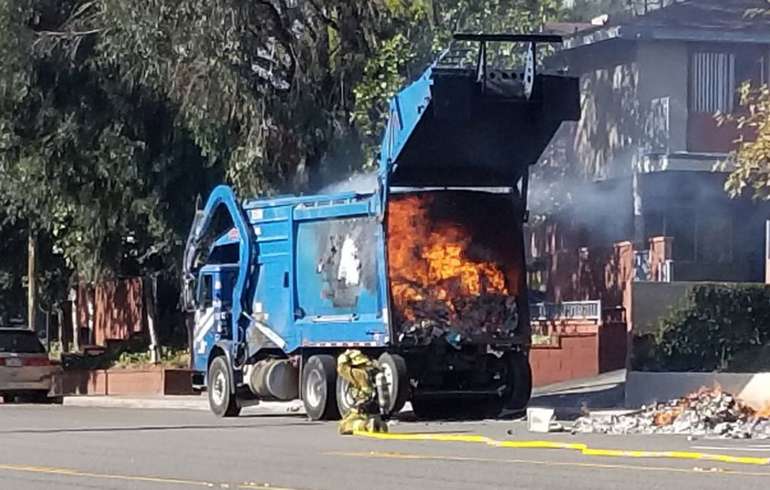
The other risk of combustion is once they reach sorting facilities and often go through mechanical sorting and compressing equipment. So please remember to always treat computers, phones and batteries as dangerous toxic waste and only dispose of them through the proper channels.
Now you know more about sorting home recycling correctly, learn more about reducing waste, composting, disposing of construction waste and other easy lifestyle changes to reduce your environmental footprint in these pages :
Find more about green home construction in the Ecohome Green Building Guide pages - also, learn more about the benefits of a free Ecohome Network Membership here. |
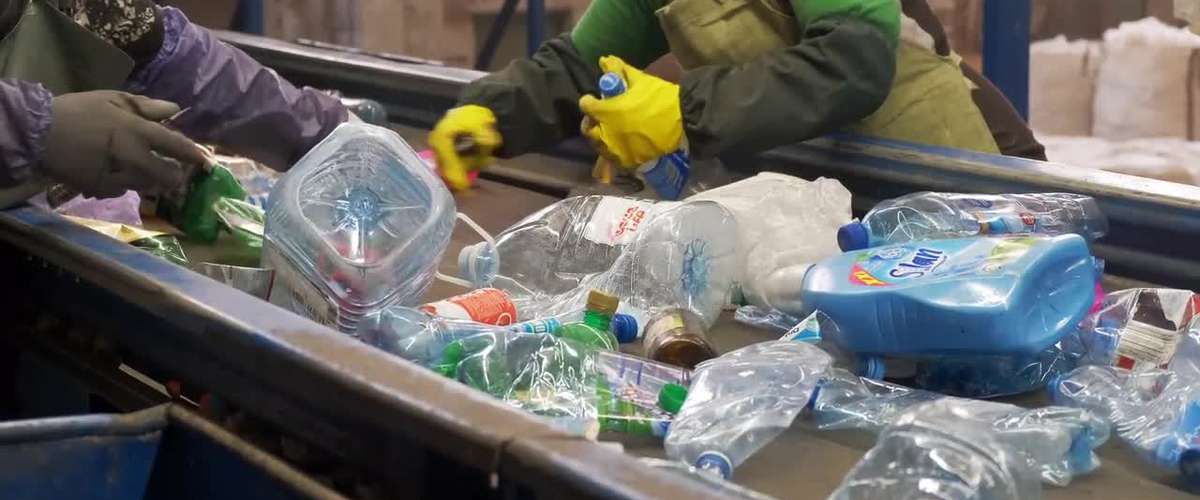









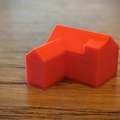




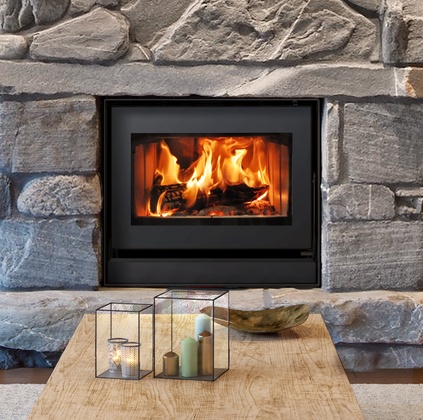
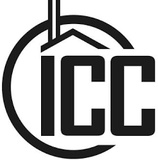
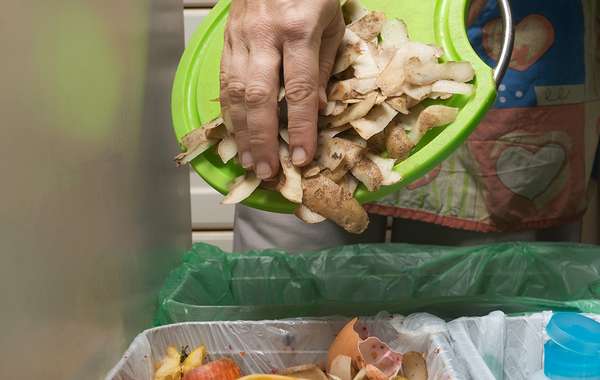
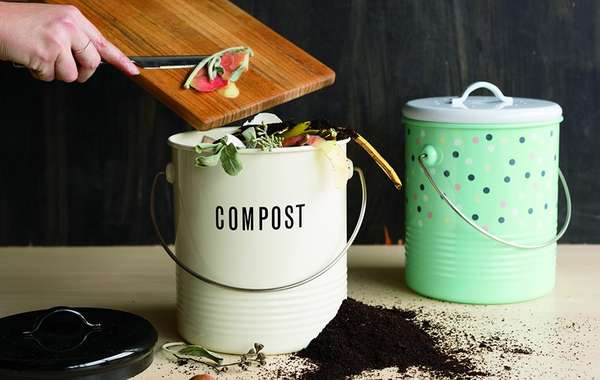
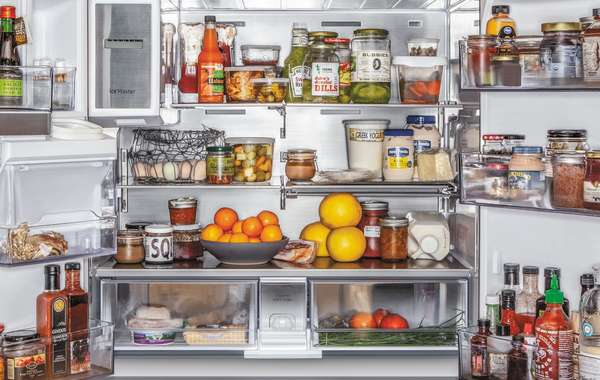
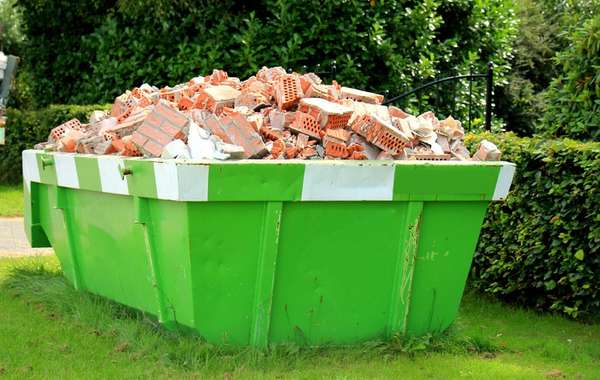
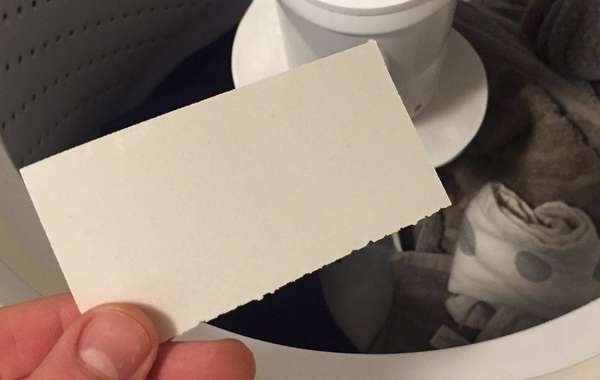
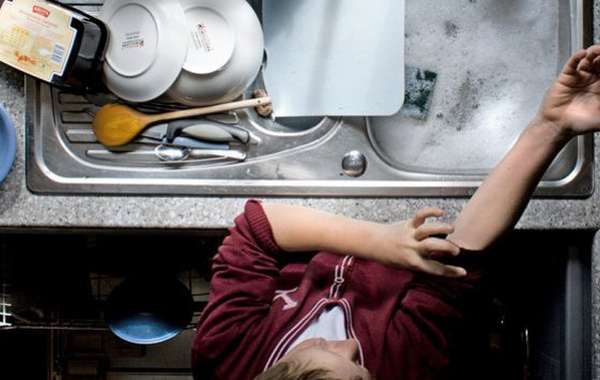

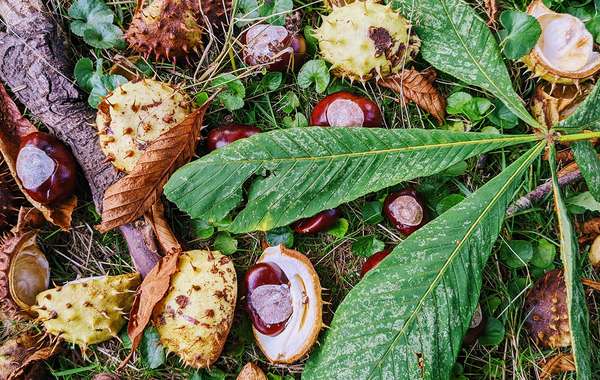
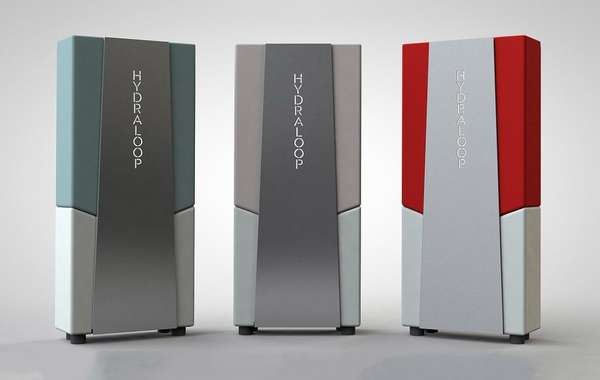

Comments (0)
Sign Up to Comment